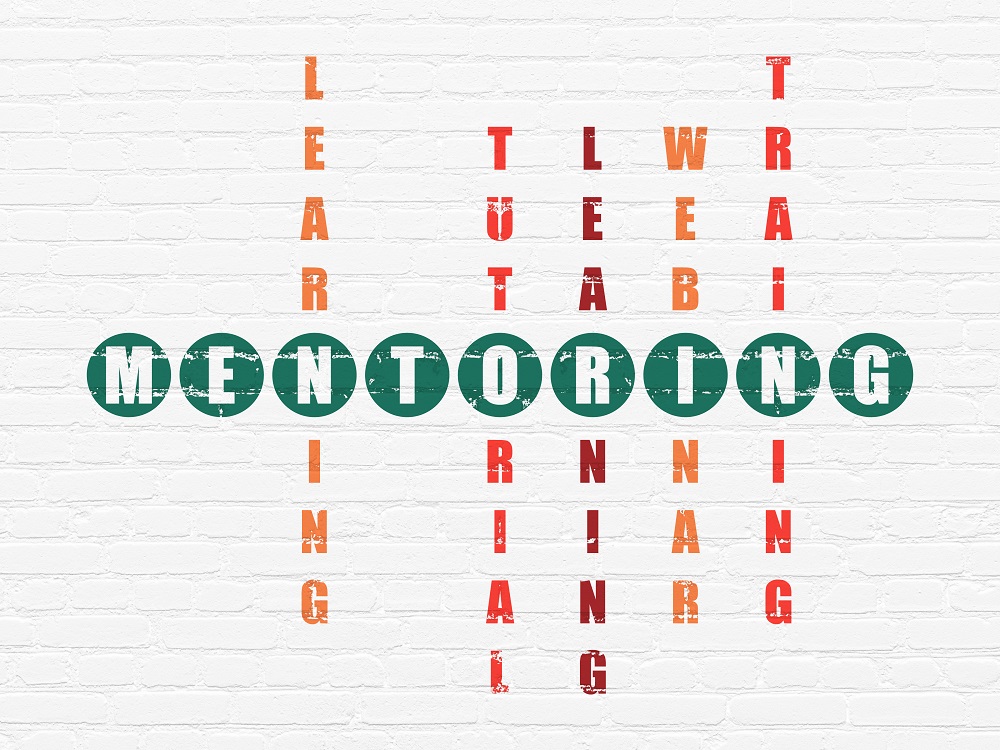Do people skills matter in business?
- March 30, 2018
- Attitude, Customer Service, Mindset, Outsourcing, Systems, Technology
- 0 Comments
In days gone by, technological expertise was more highly regarded than people skills. It was all about what you could do, not necessarily how you interacted with others while you did it. Now, that attitude has shifted quite dramatically. With technological advances, more and more jobs that involve manual labour are being replaced by automation and machines. People skills are more important than ever!
What are people skills?
Whether they’re referred to as social skills, people skills and interpersonal skills, they are essentially all the same; someone’s ability to communicate and interact with others in a positive way.
Those with people skills often exhibit:
- Behaviour that builds trust easily
- A reluctance to involve themselves in drama, power grabbing schemes or gossip
- Respectful behaviour towards the people around them.
- Great communication skills when it comes to explaining what they want
- Tact when it comes to delivering bad or inconvenient news
- Fantastic listening skills
- A willingness to participate
Fortunately, artificial intelligence hasn’t grasped the concept of emotional intelligence just yet, so now is the chance to be developing our people skills in our businesses and making our businesses known for their exceptional interpersonal skills.
Not only do social skills really improve the relationship between owners and employees or amongst the employees themselves, these skills can also help when it comes to customer interactions or networking with fellow business owners.
How can we develop people skills?
Consciously considering what you’re good at when it comes to interacting with others in your day-to-day business life can be a great place to start developing those people skills. Awareness might be the first step but there is a multitude of different practical ways to be better at interacting with people:
- Stand out! Are you prone to lurking in the corners at networking events or letting all your customers deal with an online feedback form rather than being accessible? Get out there and make yourself known to other people – just by taking the step towards being accessible is an improvement.
- Ask personal questions. These shouldn’t be so personal that they make the other person feel uncomfortable. Simply asking what they’re passionate about or what they would do if they won the lottery could open them up and build trust between you.
- Accept offers. Have you ever been at someone’s house or office when they’ve offered you a glass of water or a snack? How often do you say yes? Saying yes puts your host at ease, makes them feel like they’re being useful and it breaks the ice ever so slightly – if you’re not already in the habit of saying yes, now is the time to start.
- Listen. It seems simple enough, but it’s one of the hardest things to do. Next time you’re in conversation with someone, listen intently, make eye contact, don’t interrupt and think about what has been said to you before you speak.
- Ask for feedback. Not only does this give the other person a chance to talk, it shows that you’re willing to improve and it’s another way to build trust in business relationships – you care about what they have to say, and they’ll care about what you’re providing.
People skills are more important than ever – challenge yourself to start trying some of these ways to improve your own interpersonal skills and see how your business benefits from the stronger relationships you form.
Are you harnessing and developing your existing people skills to take your business to the next level? We’d love to speak with you about how we could help your business to improve its performance. Call Bx on 1300 068 229, or find out more about what we do here http://www.businessforlife.com.au/ProgramFindOutMore








